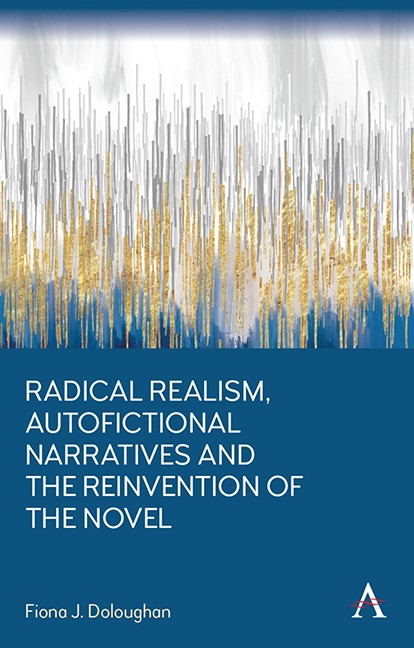Book contents
- Frontmatter
- Contents
- Dedication
- Preface
- Acknowledgements
- 1 Introduction
- 2 Theoretical and Critical Concerns: Key Terms and Arguments
- 3 The Anatomy of a Writer: Karl Ove Knausgaard’s My Struggle
- 4 Companion Pieces: Jeanette Winterson’s Why Be Happy When You Could Be Normal? in Relation to Oranges Are Not the Only Fruit
- 5 A Cross-Cultural Memoir: Xiaolu Guo’s Once Upon a Time in the East
- 6 Rachel Cusk’s Search for New Forms: Self-Projection and Refraction in Fiction and Non-Fiction
- 7 Conclusion
- References
- Index
6 - Rachel Cusk’s Search for New Forms: Self-Projection and Refraction in Fiction and Non-Fiction
Published online by Cambridge University Press: 15 November 2023
- Frontmatter
- Contents
- Dedication
- Preface
- Acknowledgements
- 1 Introduction
- 2 Theoretical and Critical Concerns: Key Terms and Arguments
- 3 The Anatomy of a Writer: Karl Ove Knausgaard’s My Struggle
- 4 Companion Pieces: Jeanette Winterson’s Why Be Happy When You Could Be Normal? in Relation to Oranges Are Not the Only Fruit
- 5 A Cross-Cultural Memoir: Xiaolu Guo’s Once Upon a Time in the East
- 6 Rachel Cusk’s Search for New Forms: Self-Projection and Refraction in Fiction and Non-Fiction
- 7 Conclusion
- References
- Index
Summary
Introduction
As a writer of novels, memoirs and essays, Rachel Cusk has engaged with a variety of literary forms over the course of a career that has had its share of controversy as well as kudos. From Saving Agnes (1993), winner of the Whitbread Prize for first novel, to Second Place (2021), longlisted for the Booker Prize, via the somewhat mixed reactions to, and controversy surrounding, her memoirs of motherhood, and of separation and divorce, in A Life’s Work (2001) and Aftermath (2012), followed by the almost universal acclaim afforded the ‘Outline’ trilogy (2014–2018), Cusk has never rested on her laurels but has always challenged herself as a writer by pushing the boundaries and conventions of genre in relation to reader expectations and critiquing gender norms in terms of what it is possible and/or deemed desirable for a female writer to say, and in what form. While, in many ways, her interests have been consonant with Knausgaard’s concerns insofar as she became wary of ‘the artificiality of the novelistic “occasion” ‘ (Booker Prize 2021 website) and has infused her fiction with episodes from real life, there are also differences between both writers, which will be explored in this chapter, in terms of their trajectory and the locus of their interest.
Moreover, in the broader context of the themes and focus of Radical Realism, the chapter will connect Cusk’s trajectory with current trends among writers ‘trying to expand the possibilities of the novel’, whether this be by ‘incorporating the techniques of memoir and essay, of hewing closer to the author’s subjective experience’ or by ‘effacing the difference between fiction and their own personal nonfictions’ (Blair 2015). It will frame what is often seen as the ‘sharp break from the conventional style of Cusk’s previous work’ (Blair 2015) in relation to broader literary and cultural developments, including contemporary interrogation of the fact-fiction borderlands, and to the work of other writers, including that of Knausgaard, whose work Cusk has reviewed positively in the past and with some of whose concerns her work dovetails in terms of a rejection of plot and fabrication at the expense of an interrogation of the real and of what constitutes reality.
- Type
- Chapter
- Information
- Publisher: Anthem PressPrint publication year: 2023

